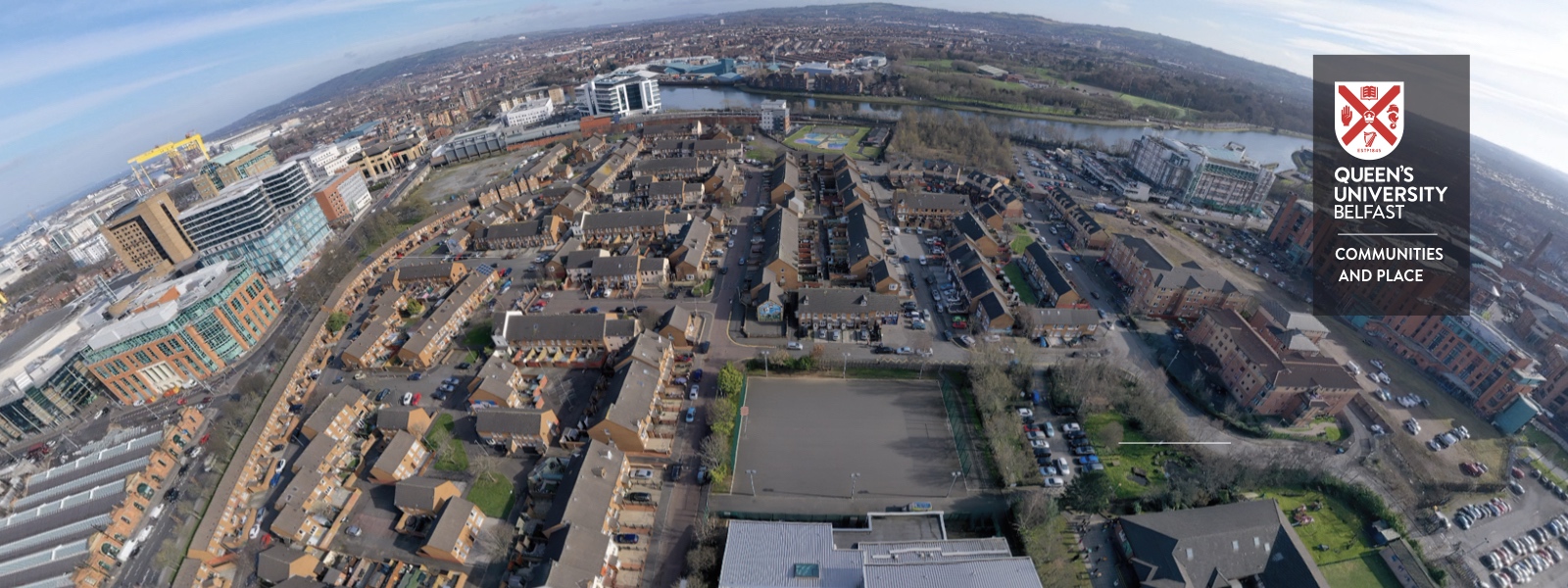C4 IU3 Workshop Advances Academic-Community Partnership Development in Brixton
In July 2025, representatives from QCAP and the MDA joined academic and community partners at the second Centre for Collaboration in Community Connectedness (C4) IU3 Workshop, hosted by the Brixton Project at International House in London.
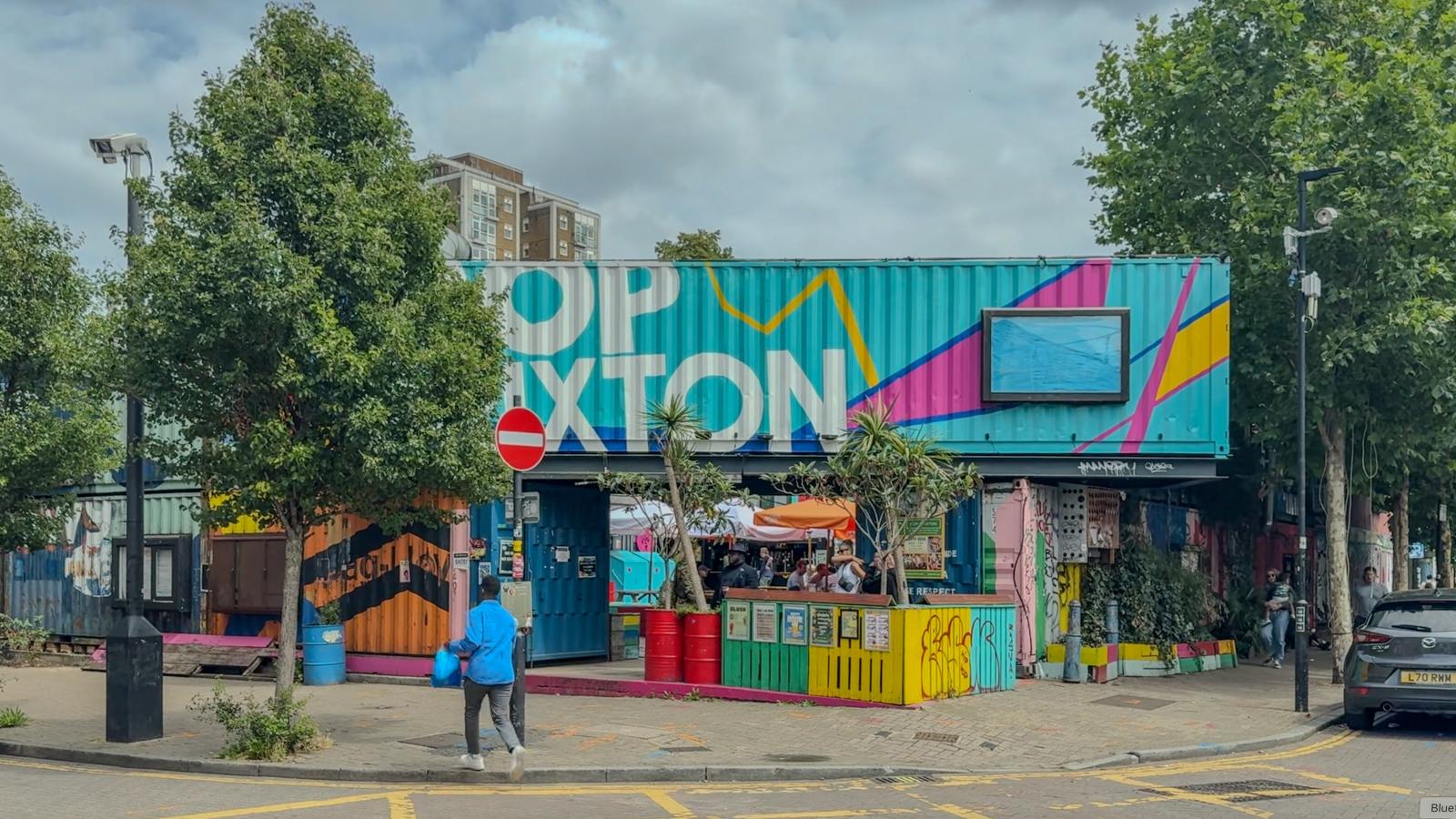
This workshop marked a step forward in fostering meaningful collaboration between universities and community organisations across the four nations. These include the lead, Sheffield Hallam University, working in collaboration with regional and national partners - Clackmannanshire Third Sector Interface, Darnall Wellbeing, Local Trust, London Metropolitan University, Queen’s University Belfast, Market Development Association Belfast, The Brixton Project, University of Stirling, and The Young Foundation. Through the IU3 workstream, C4 is working to bridge the traditional academic-community divide through innovative engagement and partnership working. By bringing together community 'catapults' - local partners driving social change - with academic institutions, C4 seeks to create an impactful platform where lived experience and scholarly expertise can genuinely complement one another through authentic dialogue and practice.
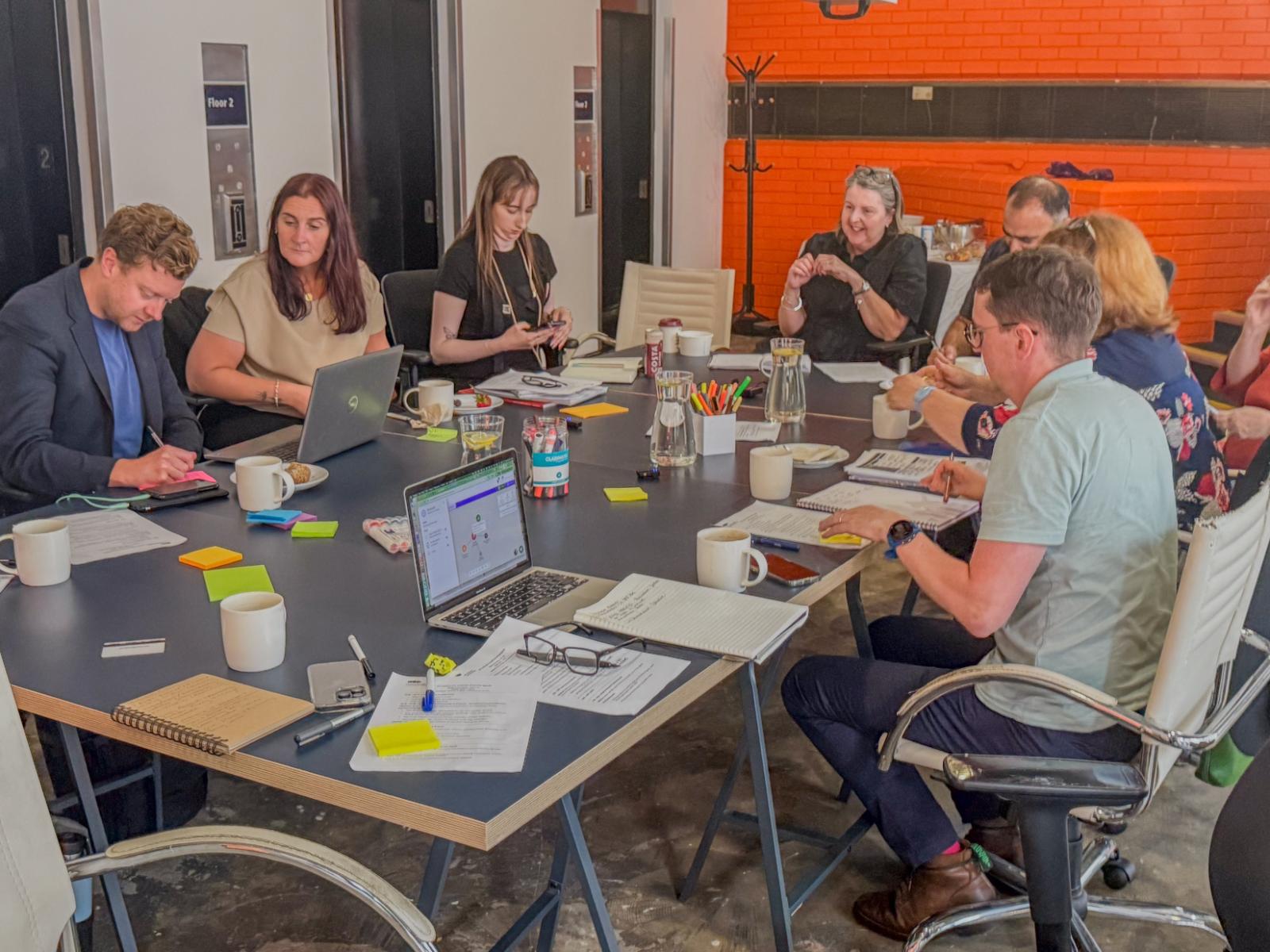
Photo by Paul Morgan
Establishing a Community of Practice
The workshop's focus centred on developing impactful and practical platforms for ongoing collaboration. Participants explored how to create regular opportunities for site visits, peer learning, and knowledge exchange across the C4 network. A key outcome was the commitment to develop accessible online platforms for sharing effective approaches and community development tools, building on successful examples currently being advanced by both community and academic partners. The discussion revealed a strong appetite for both digital connectivity and face-to-face engagement. In light of this IU3 participants committed to developing a collaborative platform alongside a shared calendar system, ensuring partners remain aware of relevant activities across the network. Plans emerged for multiple annual in-person meetings complemented by regular online workshops.
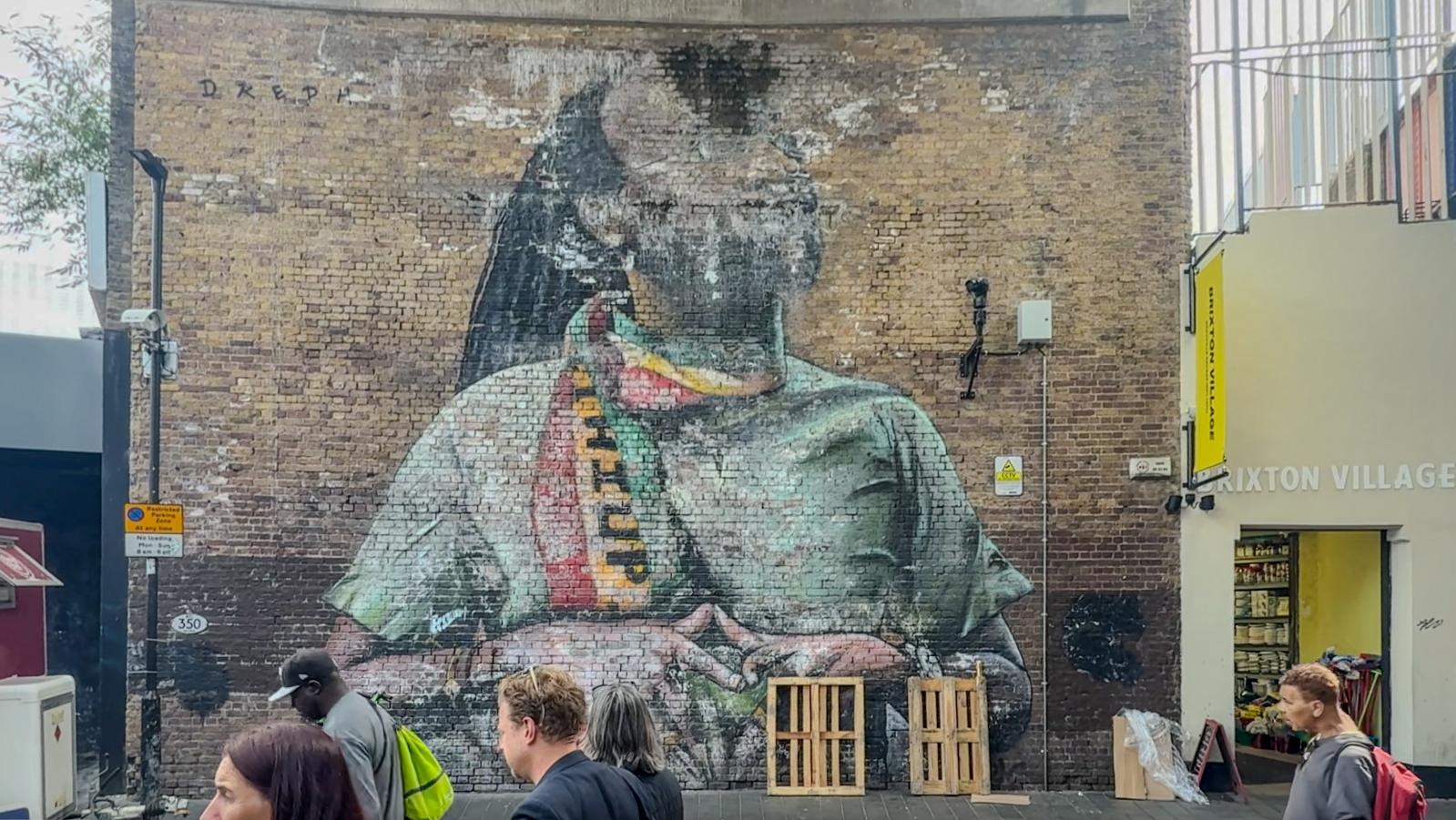
Photo by Paul Morgan
Bridging Academic and Community Agendas
The IU3 workshop also addressed how to incorporate authentic community voices into academic research themes whilst ensuring scholarly work contributes to positive community change. The role of the C4 embedded researchers emerged as crucial, with participants recognising the need for shared understanding of expectations and responsibilities in these positions. Discussions highlighted the importance of building genuine research capacity within community organisations and embedding a 'culture of enquiry' that captures diverse voices rather than limiting engagement to a small group of the usual suspects. Innovative proposals included developing oral history projects, peer research initiatives, and exploring the applications of artificial intelligence for community engagement.
Research Priorities
The workshop identified multiple shared research priorities that build on themes from the previous workshop, including the value of asset-based community development, health-based approaches, robust impact monitoring frameworks and the importance of social infrastructures. Building on these earlier findings, participants emphasised the need to explore ways to build trust with residents and strengthen intergenerational conversations. Key areas for further development include addressing the rise of extremism and creating alternative governance models for the sustainable acquisition and management of community assets.
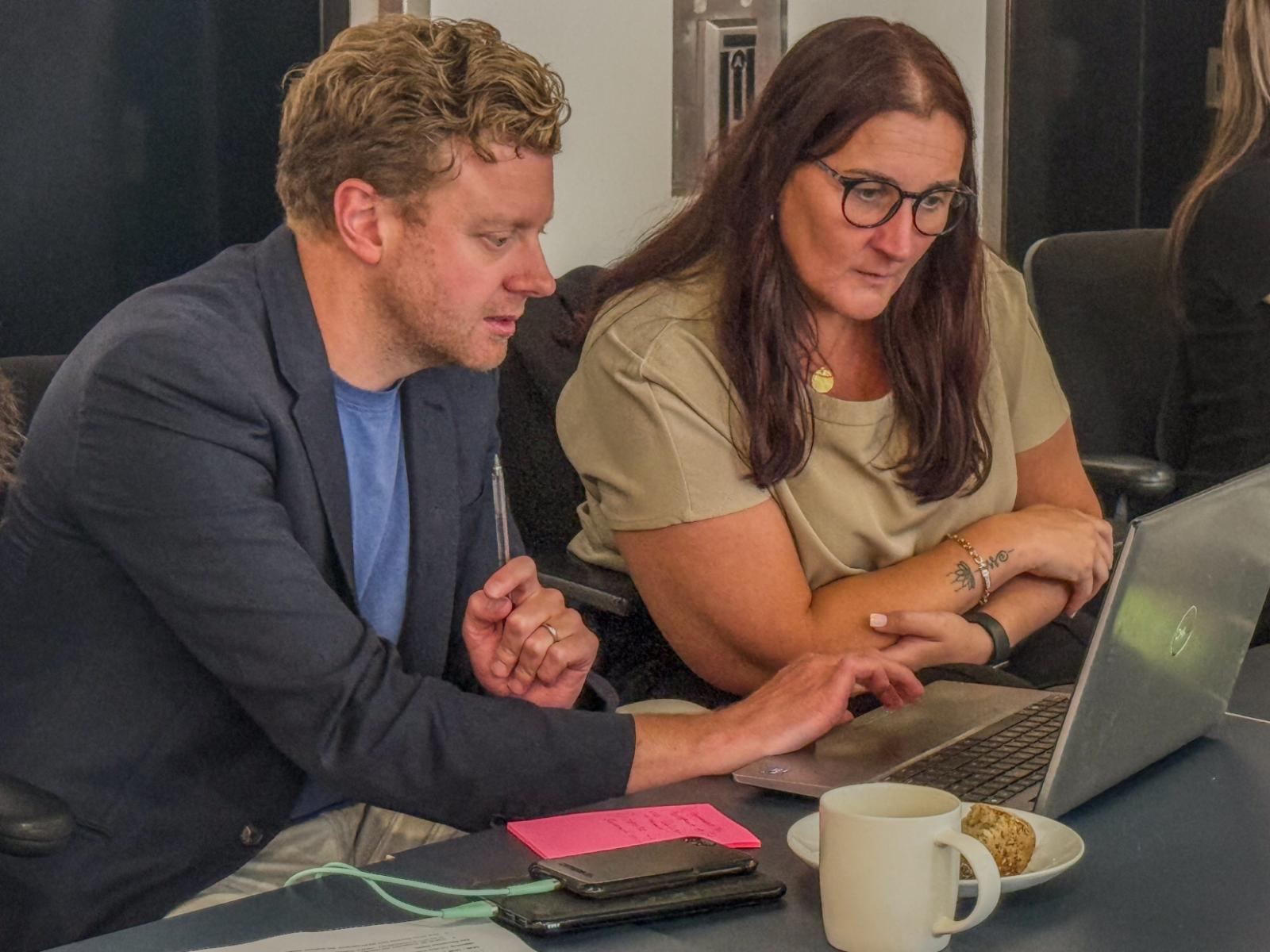
Photo by Paul Morgan
Looking Forward
The Brixton workshop demonstrates C4's potential for university-community partnerships. As embedded researchers are recruited and prepare to take up their roles, and as collaborative platforms continue to develop, C4 represents an exciting evolution in community-engaged scholarship—one that places community voice at the heart of research agenda-setting while maintaining research excellence. The experience in Brixton signals a promising approach to truly collaborative knowledge creation, and both academic and community members of the IU3 workstream look forward to continuing the conversation at November's C4 conference event. A big thank you must also be extended to Binki Taylor and her team at the Brixton Project for hosting the workshop and providing an insightful tour of Brixton itself.
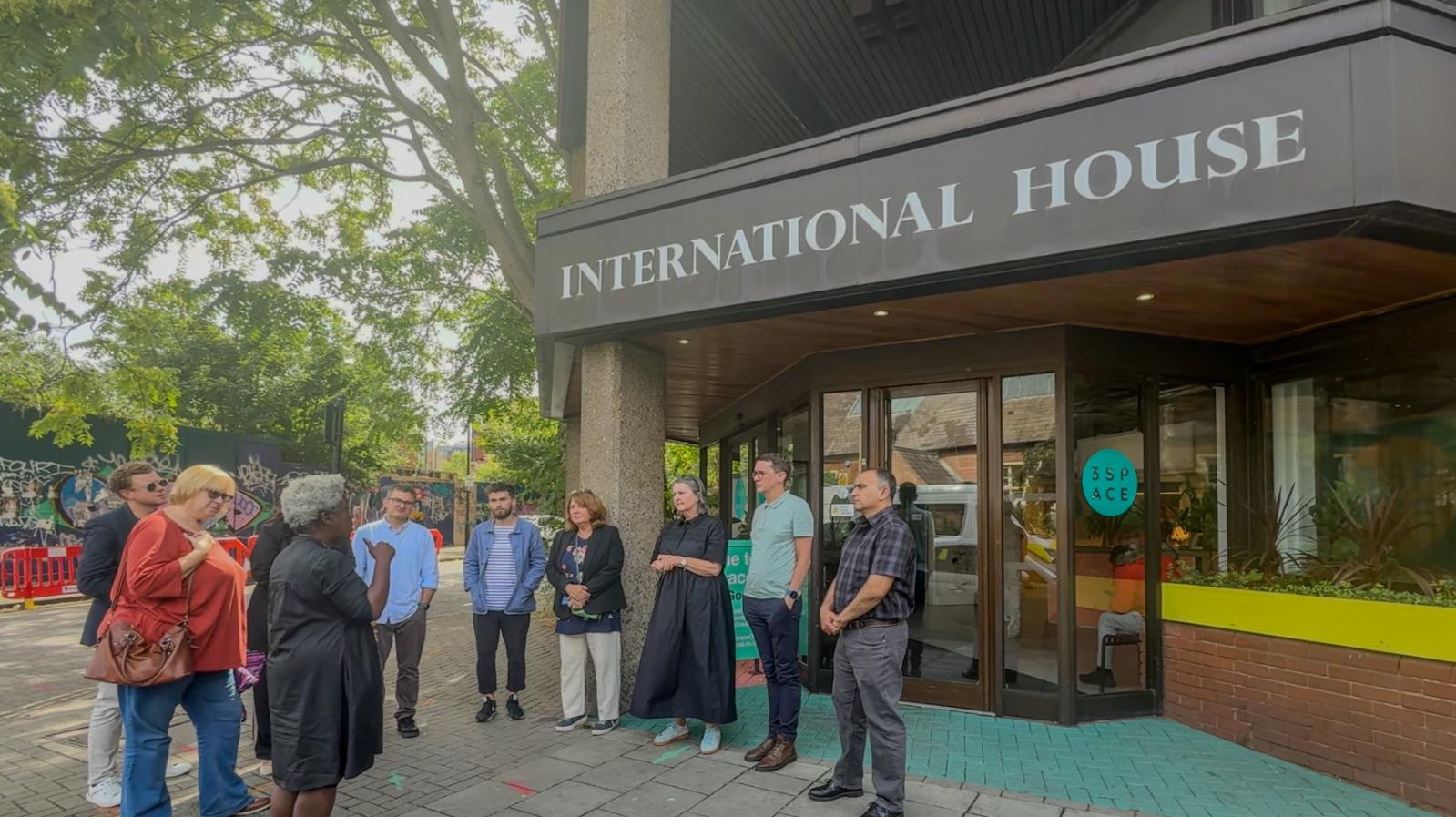
Photo by Paul Morgan

